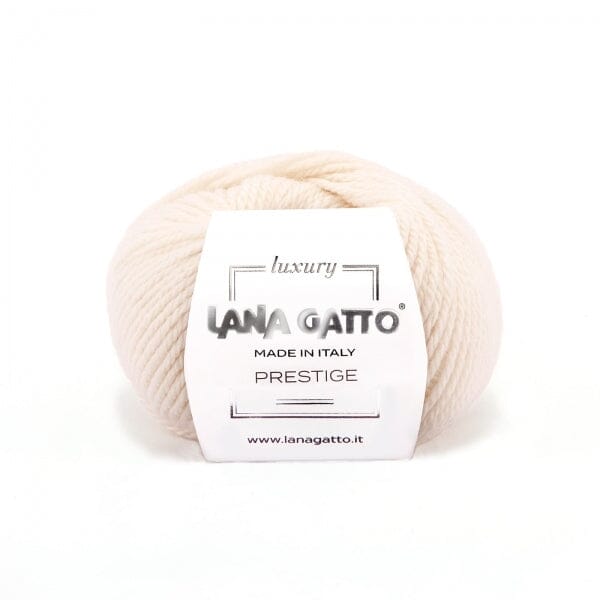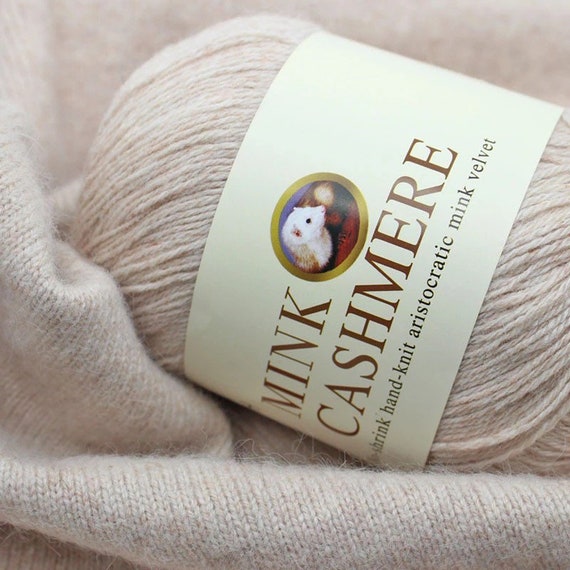Is Cashmere a Natural Fiber? Exploring Its Organic Origins and Uses
Is Cashmere a Natural Fiber? Exploring Its Organic Origins and Uses
Blog Article
Comprehending the Different Kinds of Cashmere a Natural Fiber and Their Unique Advantages

The Beginnings of Cashmere: A Historical Overview
While the extravagant touch of cashmere continues to appeal modern consumers, its beginnings map back to the harsh, chilly environments of Mongolia and the Mountain ranges. For centuries, the indigenous individuals of these areas have actually been raising Capra Hircus goats, the prime source of cashmere woollen. These goats, resistant against the serious wintertimes, grew a fine undercoat to make it through, which later on ended up being referred to as cashmere. The name itself admires Kashmir, a region in India where the wool was at first refined. Much of the very early cashmere profession route was facilitated by the Silk Road, linking Asia with the Center East and Europe. Despite its international spread, the finest cashmere is still thought to originate from the original regions of Mongolia and the Himalayas.

The Production Refine: From Goat to Garment
Shearing a Capra Hircus goat notes the creation of the detailed cashmere manufacturing process. The resultant raw cashmere is then washed to eliminate pollutants such as veggie, grease, and dirt matter.
The clean fiber undergoes coloring, rotating, and weaving, or knitting, to transform it into a material. Complicated procedures like quality assurance checks and ending up procedures comply with, ensuring completion item keeps the luxurious standard anticipated of cashmere. This meticulous process, from goat to garment, validates the high expense affixed to cashmere products, making them a sign of high-end and refinement.
The Numerous Sorts Of Cashmere: An Extensive Analysis

The One-of-a-kind Benefits of Cashmere: Convenience and Sustainability
Relocating from the variety of cashmere types to the benefits they offer, comfort and sustainability stand out prominently. Cashmere, an all-natural fiber, is renowned for its unequaled soft qualities, giving a degree of convenience that synthetic fibers can't match.
When it concerns sustainability, cashmere is renewable and biodegradable, as Find Out More it's harvested from cashmere goats who regrow their layers each year. what is cashmere. Unlike artificial fibers which can take centuries to break down, cashmere's effect on the environment is minimal. This mix of convenience and sustainability makes cashmere a valuable selection for mindful consumers

Taking Care Of Your Cashmere: Upkeep and Preservation Tips
While cashmere is undoubtedly a glamorous and lasting choice, it requires particular care to preserve its high quality and expand its lifespan. To begin, cashmere need to be hand washed utilizing cool water and a mild detergent. Cashmere items need to be stored in a completely dry and trendy area, away from straight sunshine and wetness.
Spending in Cashmere: Understanding Its Value and Worth
Although cashmere may originally seem like an expensive financial investment, its long-term worth and look at here now worth ended up being evident when you consider its impressive top qualities. Known for its unparalleled gentleness and heat, cashmere is a premium all-natural fiber that exceeds various other materials. Spending in cashmere, for that reason, is not simply about existing fashion fads, but concerning embracing a sustainable, long-lasting, and glamorous way of living.
Conclusion
In recap, the kind of cashmere one chooses, be it Mongolian, Chinese, or Italian, is dictated by specific choices for warmth, sustainability, spending plan, and high-end. The worth of cashmere expands beyond its price, with convenience and long life including in its worth. Proper care and maintenance can ensure its conservation. Therefore, comprehending the beginnings, manufacturing procedure, and unique benefits of various kinds of cashmere can direct customers in their financial investment in this glamorous natural fiber.
Whether it's the exceptional heat of Mongolian cashmere, the price of Chinese cashmere, or the eco-conscious production of Italian cashmere, there's a story to be uncovered behind each fiber type. Cashmere, a natural fiber, is renowned for its unrivaled softness, giving a degree of comfort that artificial fibers can't match.When it comes to sustainability, cashmere is biodegradable and renewable, as it's more information gathered from cashmere goats that regrow their coats annually. Recognized for its exceptional softness and heat, cashmere is a premium all-natural fiber that outshines other products. Understanding the beginnings, production procedure, and one-of-a-kind benefits of various types of cashmere can direct consumers in their financial investment in this glamorous all-natural fiber.
Report this page